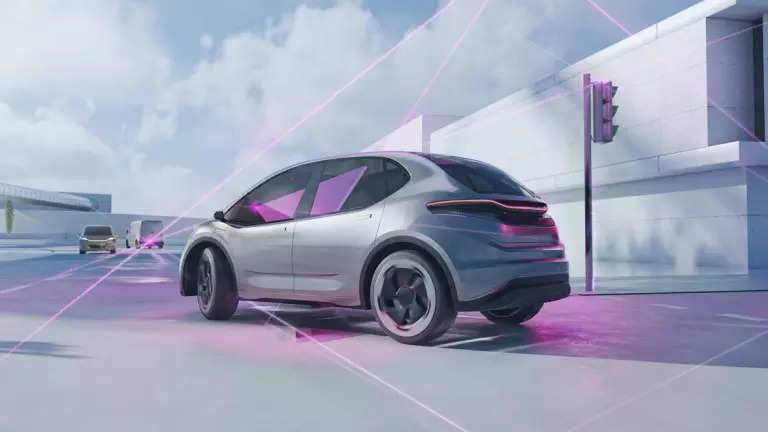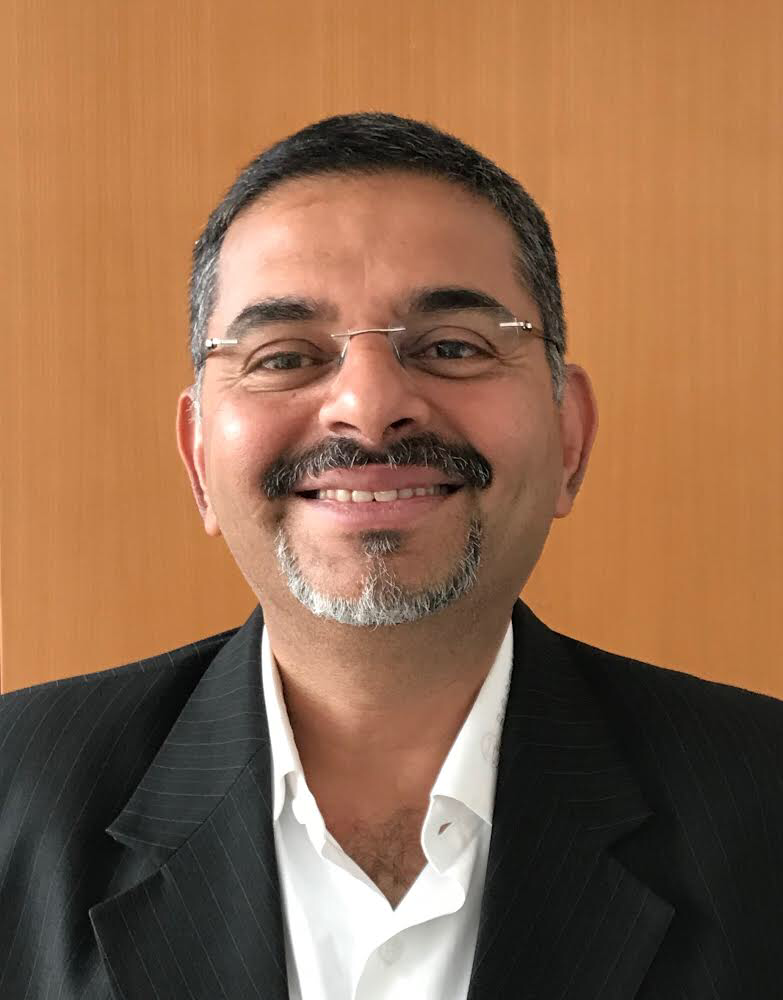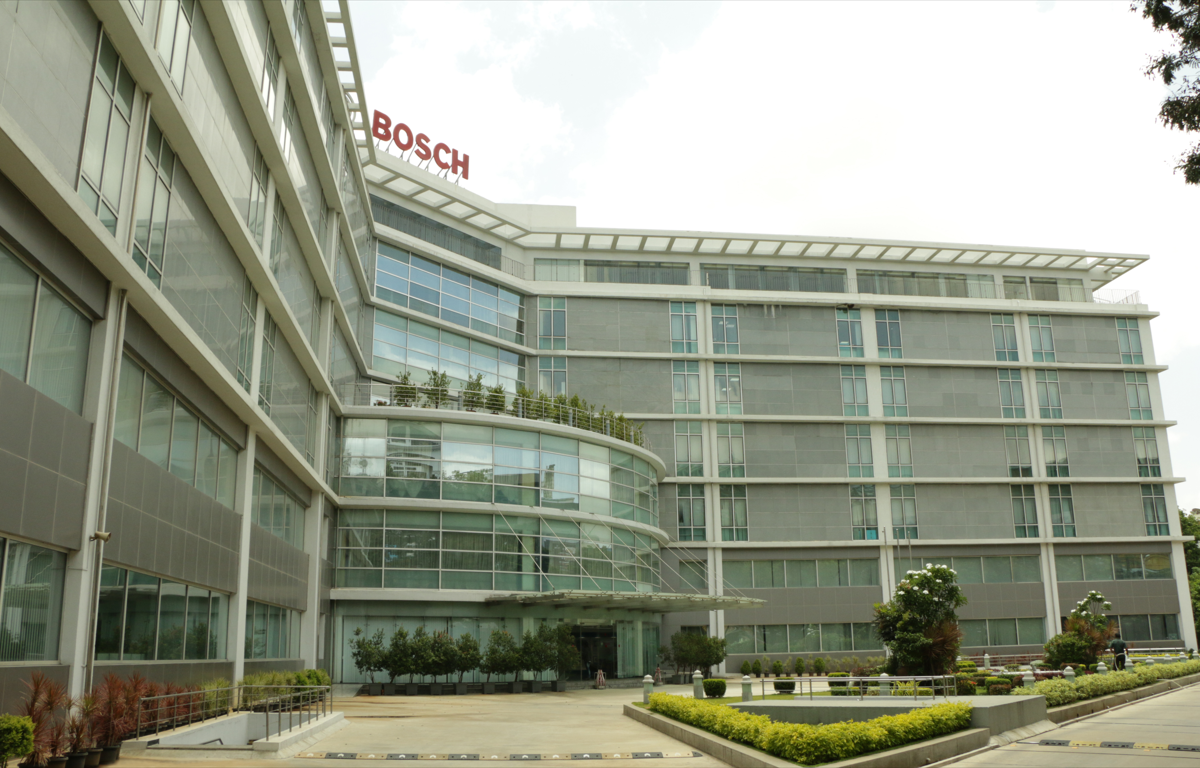
The recently-unveiled Hyundai Tucson is the latest to offer the ADAS (Advanced Driver Assistance Systems) technology of Level 2 of autonomous driving. ADAS is the new differentiating factor for a growing number of models in the domestic passenger vehicle market. Bosch wants to ride this trend and the overall software technology wave in the mobility industry better with a stronger army of engineers.
Robert Bosch Engineering India (RBEI), which got renamed as Bosch Global Software Technologies (BGSW) in January this year, plans to hire 5,500 engineers to develop advanced technologies. The figure, the highest ever annual recruitment plan for the global engineering entity, is equivalent to 22% of BGSW’s current team strength of 25,000 engineers.

“A major part of the course out of this recruitment will happen in India, but the other locations also will proportionately grow,” RK Shenoy, Executive Leadership Team Member, and Senior VP, Mobility Engineering, BGSW told ETAuto.
BGSW, headquartered in India, is the largest software and technology centre for Bosch outside Germany. It has branches in Vietnam, Mexico, Poland, Japan, North America, and China. Bosch doesn’t publish BGSW’s independent revenue, but it is estimated to be around USD1 billion.
Bosch had earlier announced a plan to invest INR 2,000 crore over the next 5 years. Half of that figure is earmarked for localising advanced automotive technologies.
Though BGSW develops solutions for multiple industries, mobility is its biggest business segment with a close to 80% share. One of the key drivers for the aggressive hiring plan is the growing level of software technologies across segments. An added factor is the growing capabilities of the Indian engineers . “There are some complete programmes where we handled part of it until now but these are being transferred now completely to India looking at the success we were able to manage,” Shenoy said.
The ‘Adrenox’ connected vehicle platform in the Mahindra XUV700 is an example. The connected vehicle technology platform was engineered in India with software and system competencies for on-board and off-board.
“The hardware (for the XUV700 Connected Vehicle suite) may be coming from various suppliers but we (BGSW) orchestrate the software solutioning which brings the UI or the UX for the end user.” Shenoy said.
In some cases, Bosch may provide the hardware while the VCU (Vehicle Control Unit) software may come from another supplier. “There is a separation that is slowly happening between hardware and software,” he added.
Along with Connected Vehicles, Autonomous Driving is another megatrend that’s fuelling the growing importance of BGSW in Bosch’s overall plans. India will see adoption of higher levels of ADAS technology but not as a plug-and-play model. The BGSW team discovered that during the integration of advanced technologies in a few vehicle projects.
“And while we did it, we realised that some of the standard features for Europe or North America simply will not work on Indian roads. We had to fine tune the algorithm in these systems to be able to operate very well under Indian conditions,” Shenoy said.
MG Astor, which offers L2 autonomous driving in a variant, is one of the models where BGSW developed the system. Level of automation in the vehicle will go up in India but not dramatically because , as Shenoy said, “technologically we the industry players are still innovating in this space”.
New entity for external business
As digitalisation and software penetration grow across sectors, Bosch has created an entity called Software and Digital Solutions (SDS) within BGSW. Unlike BGSW, SDS can develop solutions for end- customers directly. Formed last year, SDS has a team of around 2,500 people. Its target is to clock $100 million this year. “Our target is to grow exponentially in the next four to five years,” Shenoy said.
New business models, engineering network expansion
For BGSW, which will continue to be a captive engineering organisation, the operational model is witnessing some changes for sustainable growth. It is having strategic alliances with many of its engineering service providers and partners to co-innovate new products and solutions. The mode of operation there is expected to change “in the next couple of years”.
Within the organisation, BGSW is expanding its presence according to the availability of talent. From having engineering bases in Bengaluru and Coimbatore, it has expanded to Hyderabad and Pune this year. More could be on the cards. “In the coming years probably it will expand even further but that we’ll evaluate based on how the growth is and how the talent availability in other locations in the North or East of India is,” Shenoy said.
This year is also the 100th year of Bosch’s operations in India. While the German major has established itself well in multiple sectors, primarily in the automotive space, it will have to keep devising smart strategies to keep pace with the changing times, and a new crop of competitors.
Also Read:
















